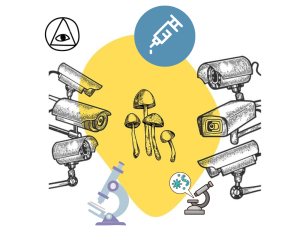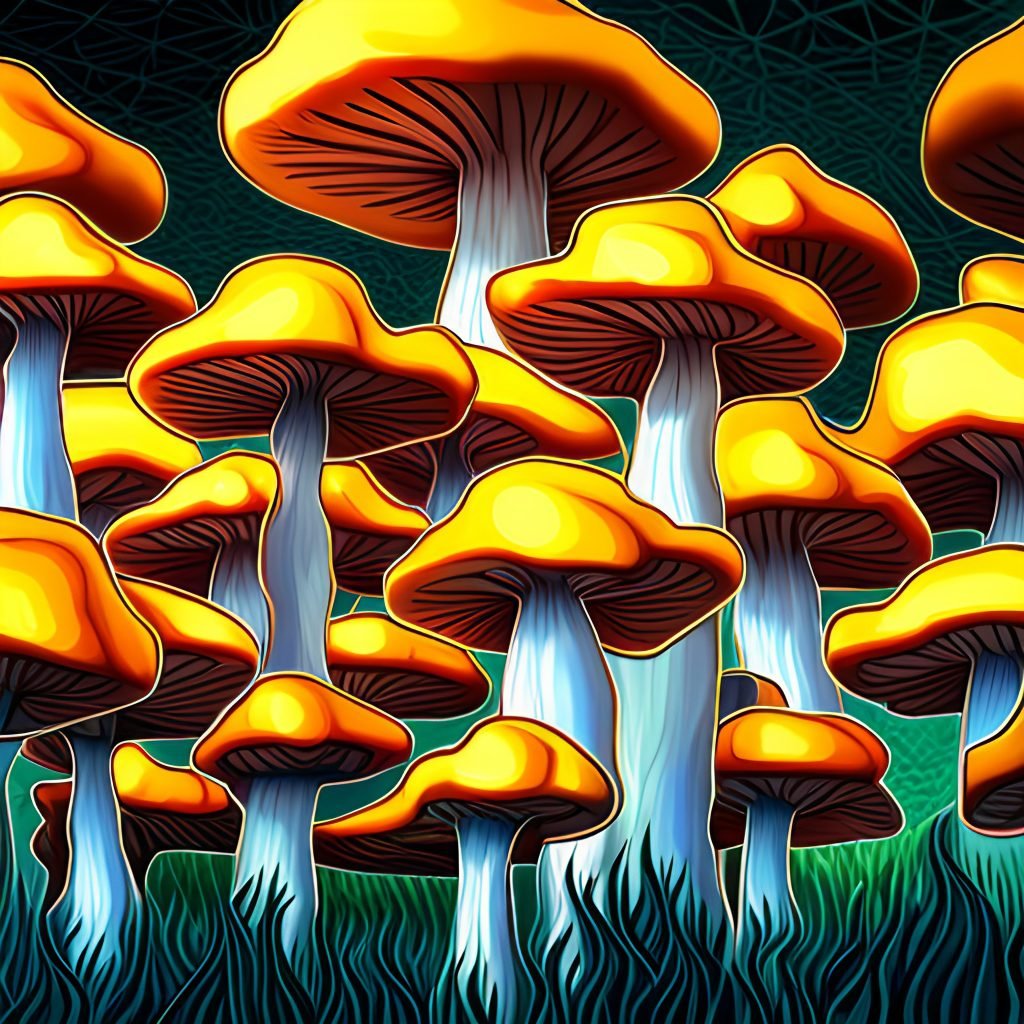The resurgence of psychedelic drugs in medical research.
Discover the remarkable resurgence of psychedelic drugs in the field of medical research, a development that promises to revolutionize the treatment of depression. Long associated with counterculture movements and “bad trips,” these previously illicit substances have now found their way into laboratories, where scientists are uncovering their potential to alleviate the debilitating
symptoms of depression in individuals who have not responded to conventional treatments. From “magic” mushrooms to toad venom, these hallucinogenic compounds are capturing the attention of leading-edge researchers, including those at Harvard, who are exploring the possibility of shifting the paradigm from daily antidepressants to supervised psychedelic sessions that can fundamentally alter the workings of the brain. Brace yourself for an enlightening journey as we delve into the cutting-edge research, compelling results, and the quest to blast away the stigma surrounding these mind-bending substances

The article discusses the resurgence of psychedelic drugs in medical research, particularly in the treatment of depression. Researchers are exploring the potential of “magic” mushrooms, toad venom, and other hallucinogens to help individuals with treatment-resistant depression. Harvard’s Center for the Neuroscience of Psychedelics is studying the effects of psilocybin (the active ingredient in magic mushrooms) on patients with depression.
Psychedelic drugs are believed to alter reality and thought patterns, providing users with a profound sense of connectedness, joy, and peace. These compounds may enhance neuroplasticity, the brain’s capacity for change, which could make them a game-changer in depression treatment. Preliminary studies have shown promising results, with psilocybin easing depressive symptoms for at least a year in some patients when combined with supportive psychotherapy.
The article also mentions ketamine, another hallucinogenic drug that has shown rapid response in patients with treatment-resistant depression. While psilocybin and other psychedelics have not yet obtained FDA approval, researchers envision them as potential standalone treatments or add-ons to existing therapies.
The research on psychedelics aims to combat the stigma associated with these compounds and educate the public about their potential therapeutic benefits. However, it is important to note that this approach is still experimental, and individuals should consult with their doctors about participating in clinical trials rather than seeking access to magic mushrooms or toad venom independently.

Disclaimer:
As a service to our readers, Harvard Health Publishing provides access to our library of archived content. Please note the date of last review or update on all articles.
No content on this site, regardless of date, should ever be used as a substitute for direct medical advice from your doctor or other qualified clinician.
By Maureen Salamon, Executive Editor, Harvard Women’s Health Watch
https://www.health.harvard.edu/mind-and-mood/magic-mushrooms-and-toad-venom
Leave a Reply